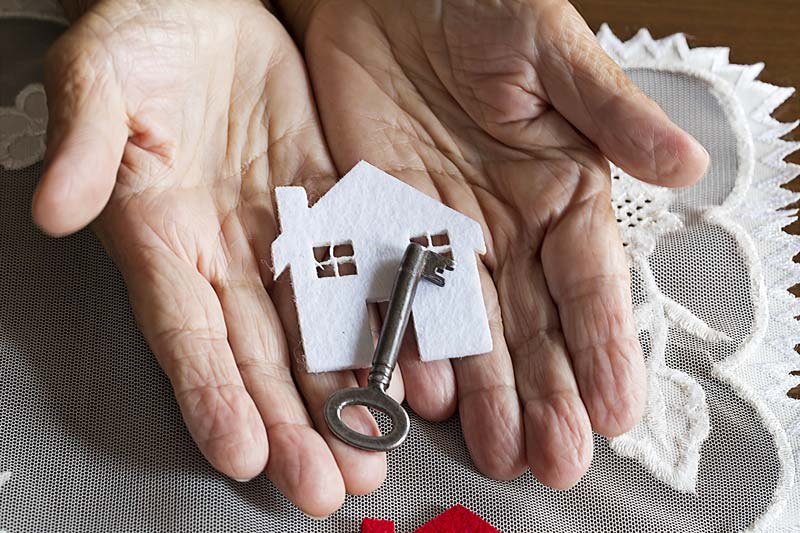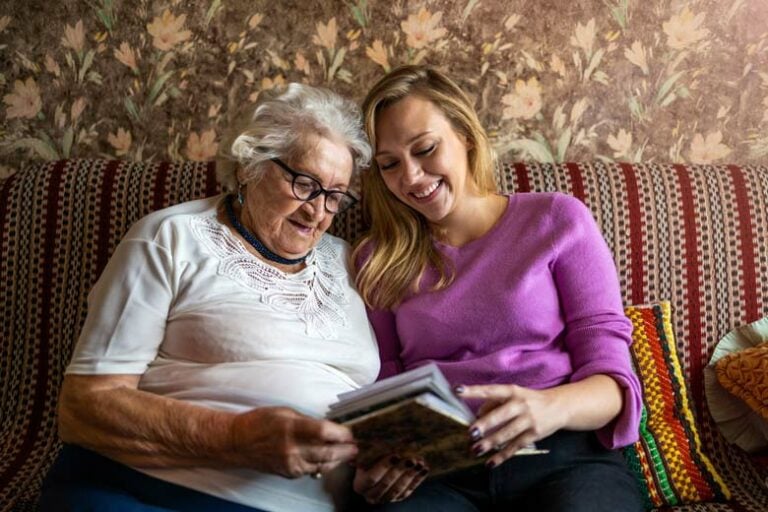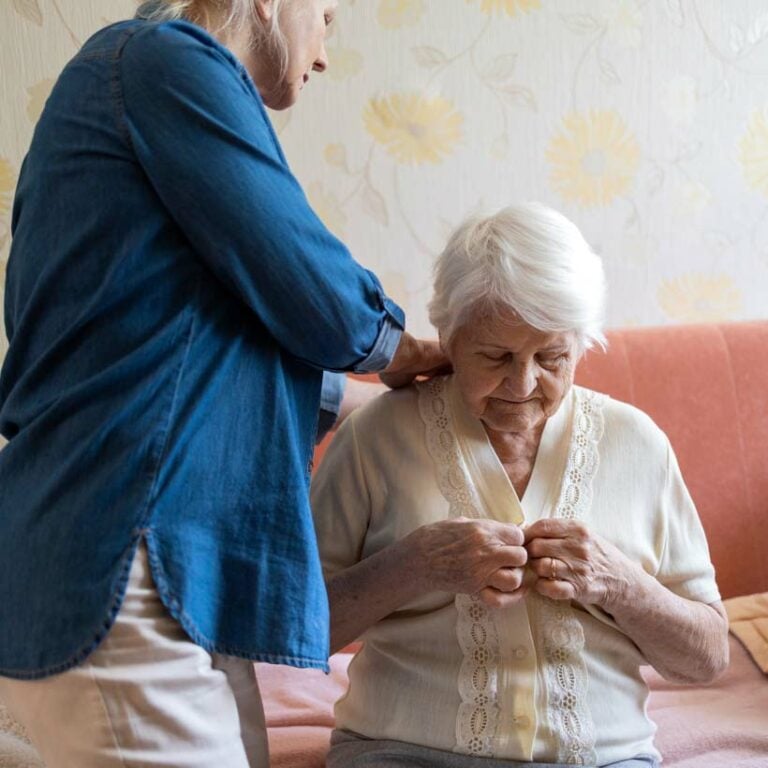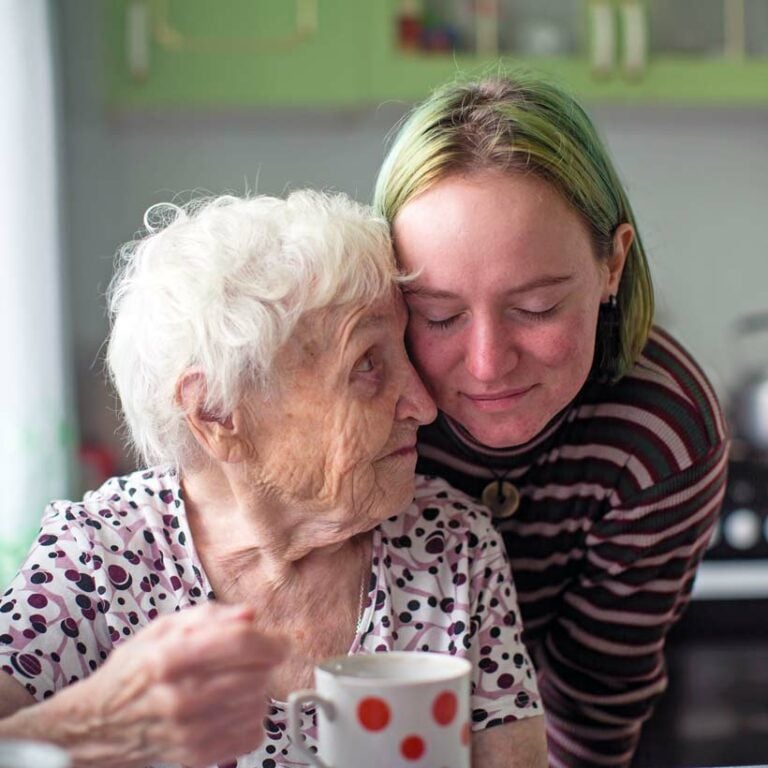Most care agencies and introductory agencies will charge an hourly rate for care at home and a fixed rate for overnight care or live-in care.
Care agencies base their prices on a personalised care package based on an individual’s needs. The fees they charge you will depend on many factors but will be much higher than an introductory agency.
If your main need is for companionship care or help around the home, this may cost slightly less than help with personal care or mobility issues. Clients needing help with dementia or complex medical problems may face higher fees. Fees will also be affected by the times of day/evening. Having a carer during the night will cost a higher rate than visits during the day.








